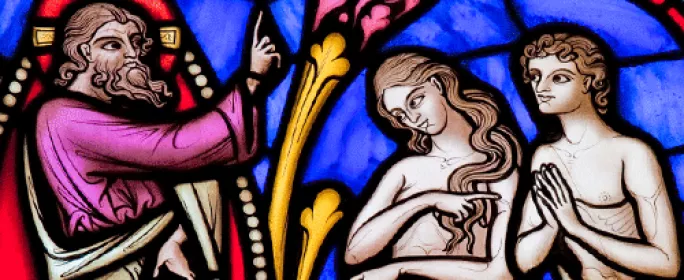‘AC Grayling’s claims about the motivations of his critics are as groundless as astrology’
David Ashton, a secondary RE teacher and author of the Golden Calf RE blog, writes:
AC Grayling’s call to rid schools of religious studies in favour of the history of ideas and philosophy is misjudged.
Grayling is right that (like in every subject) there are “vested interests” in RS. However his claim that he possesses a mystical insight into the motivations of specific critics of his proposal isn’t dissimilar to the groundless speculation found in astrology, which he refers to with such disdain.
As Professor Robert Jackson has already observed, Grayling seems frightfully unaware of both the content and purpose of modern RS and, perhaps more surprisingly, he appears blind to the “tendentious” nature of his own proposal.
Grayling argues that the aim of his new subject, history of ideas and philosophy, would be “putting the beliefs of our less-knowledgeable forebears into perspective, and showing how humankind has progressed from supernaturalistic to naturalistic understandings of our world and ourselves”.
However, amid the ever-changing nature and expression of spirituality and religion, there is little consensus among scholars that humanity has moved away from belief in the supernatural, either in the UK or globally. Although Grayling might view religious beliefs as false distortions of reality, they remain a driving force for the vast majority of the world’s population. Regardless of whether one sees religion as desirable or not, the study of it can hardly therefore be considered “parochial”, as Grayling claims.
A history of ideas promoting Grayling’s narrative of the grand march of humanity towards rational naturalism and atheism would be neither responsible, truthful, critical nor appropriate. Nor would his suggestion that RS should focus “principally on the mayhem that religions have unleashed on the world throughout history and still today” offer a particularly balanced representation of religion or intellectually honest subject.
Grayling states that the basis for his proposal to replace RS with a history of ideas and philosophy, is “the following simple fact: that religions consist of false beliefs about the world and distorted views about ethics”. The problem is, this isn’t a fact; it is Grayling’s belief. Certainly, it is an interesting belief to explore and in RS this comes under the study of non-religious world views and the relationship between religion and science. However, it should not be the principle or “fact” that defines the nature of the subject.
There is nothing radical about the content of Grayling’s history of ideas - it is what any good RS teacher is already teaching. For pupils to understand the lengthy narrative of human thought, so that they may critique and further it, is what any diligent RS teacher wishes.
A complementary subject of philosophy alongside RS might be valuable, but to correlate the popularity of current philosophy and ethics GCSE courses with a hunger for a genuine study of philosophy, comprising of Descartes, Hume and Plato, is misleading. Existing philosophy and ethics GCSE specifications make no mention of philosophers or real philosophy. Rather, they require pupils to offer personal and religious viewpoints on provocative contemporary issues, such as animal rights, racism and global warming.
Young people need a space to learn about and critically examine different beliefs. However, to give them a biased representation of religion, or teach about it with the narrow agenda of promoting atheism, would be no more defensible than teaching about religion in order to recruit religious converts.
David Ashton is a pseudonym
Keep reading for just £1 per month
You've reached your limit of free articles this month. Subscribe for £1 per month for three months and get:
- Unlimited access to all Tes magazine content
- Exclusive subscriber-only stories
- Award-winning email newsletters




